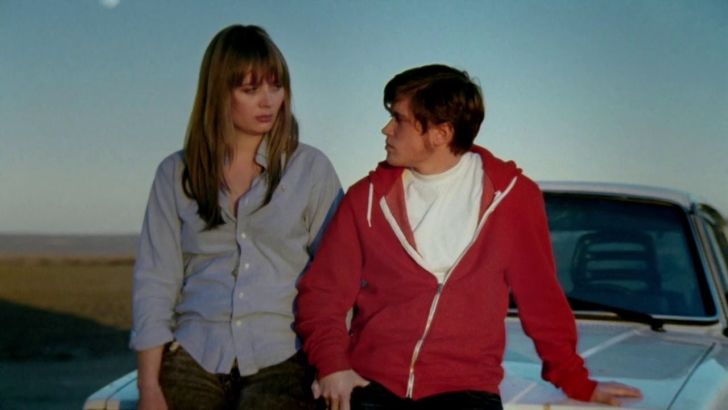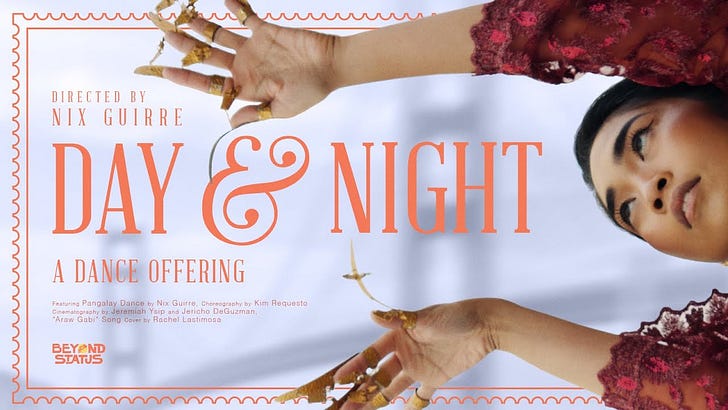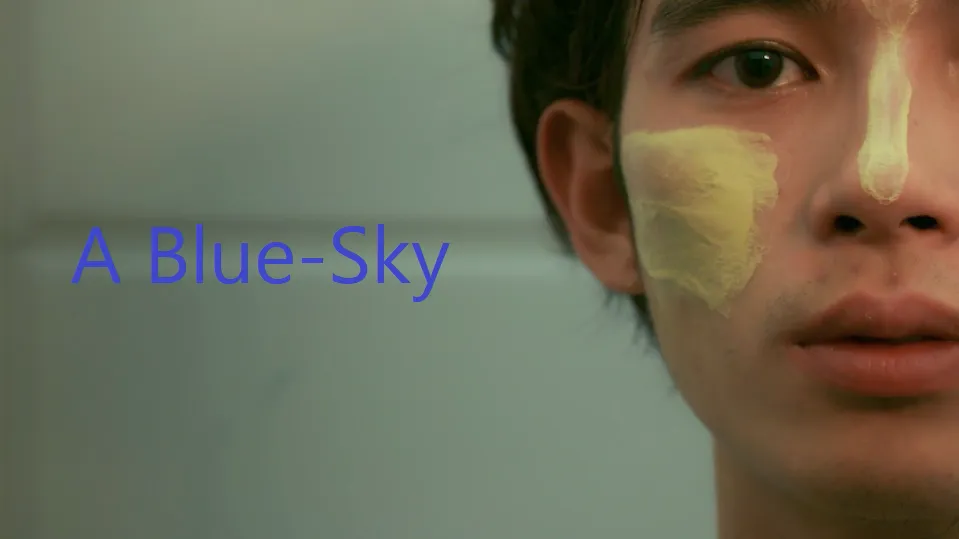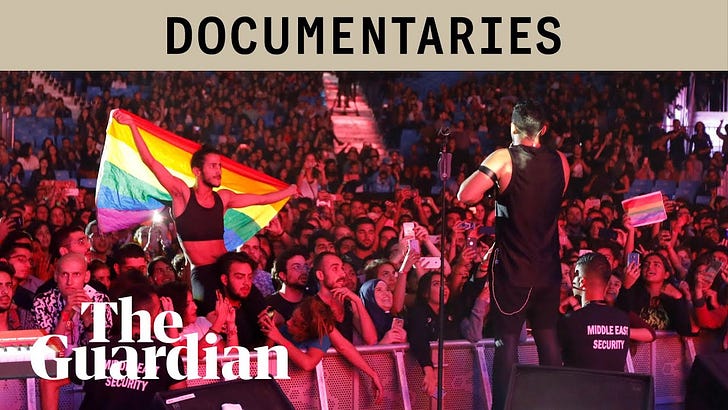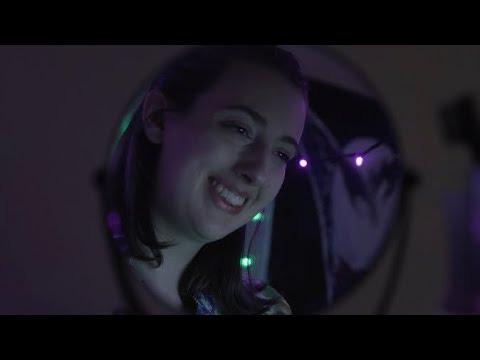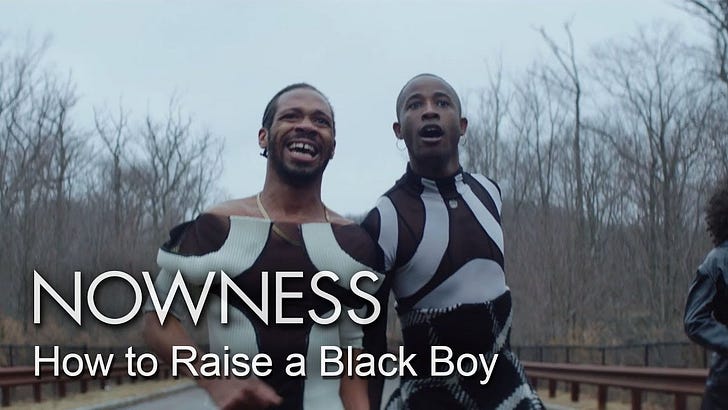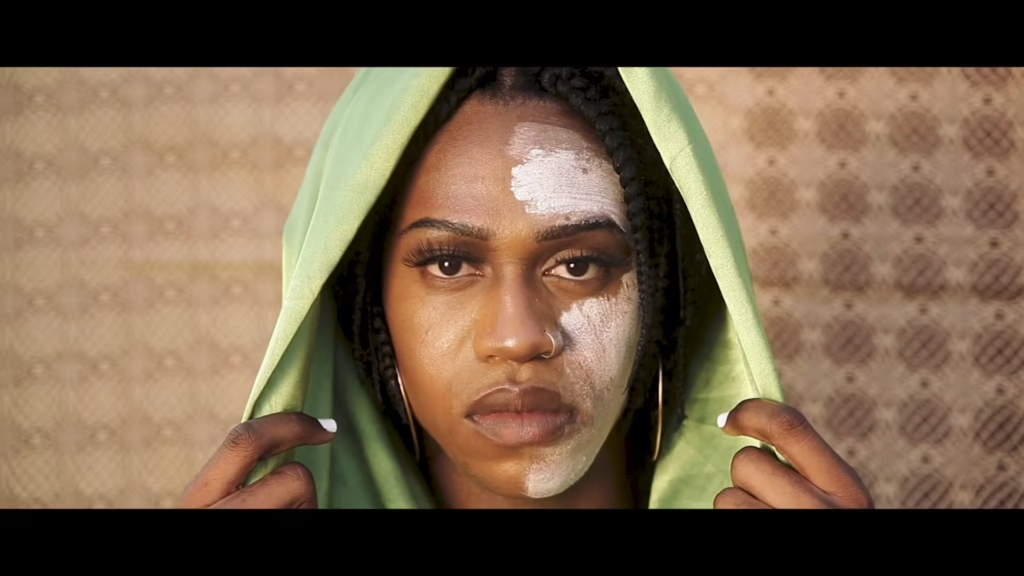Three queer and trans short films take a dance class
Last week I talked about how queerness plays a part in the way we understand and experience sports; this week, I want to extend the same ideas to dancing, and particularly to dance classes. The way different types of dance are taught can either reinforce existing gender norms, or explode them to allow for different modes of expression. Partnered dancing both intensifies these dynamics and adds in the intimacy of dancing with another person, of leading and following, of touching and closeness, which can be both complicated and liberating for queer and trans folks.
This week’s shorts involve people working out their relationships and selves through different types of dance classes – whether by developing attraction at a dance class, beginning to understand yourself better through dance, or using a dance class to express your love.
“How come you never mentioned the dance class?”
Neha, written and directed by R. Praveen Chandran and produced by Revathi Balasubramaniyan, has a special place in my heart. Neha (played by an actress also named Neha), a trans woman, starts attending a hip-hop dance class taught by Nivas (Nivas Adithan), and the two quickly fall in love. Neha initially has some reservations about getting serious with Nivas, but she’s soon swept off her feet. However, once her relationship with Nivas get serious, new obstacles appear in the form of Nivas’s family.
There are a lot of things in Neha that I have a problem with – Nivas, in particular, messes up more than once with Neha by elevating her to the status of a “special” trans woman while still having transmisogynistic attitudes broadly, and also by letting his family’s attitudes play too big a part in his actions. While Nivas is sincerely apologetic each time, and learns to prioritize Neha, it’s unclear whether he actually understands how he’s hurt Neha and what he could do better in the future.
However, I still recommend this film, with those caveats, because of Neha herself (actress and character). Neha is an utterly compelling protagonist, bringing charm, compassion, playfulness, and gravity to the role. The half-smile she wears shifts in meaning with each scene and context, expressing the motivations and feelings underneath her words. It’s a fantastic performance, and one worth watching despite any other misgivings I have with the film.
Neha

“From a young age, I was conditioned to be straight.”
Pure, written and directed by Natalie Jasmine Harris, is a gorgeously-told story about seventeen-year-old Celeste (Mikayla Lashae Batholomew), who is getting ready to be presented as a debutante at a Black cotillion ball. But the rigid expressions of femininity and purity expected for the ball don’t always match with Celeste’s identity as a Black queer woman. After she and her best friend Amir (Jacob Daniel Smith) unexpectedly run into Joy (Josca Moore), one of Celeste’s fellow debutantes, at an open mic, Celeste begins to rethink how she wants to show up to the world at her debut.
“Pure came to be because growing up, I always saw people doing the cotillion tradition back home, and my mom and my grandma both did it when they were in high school or around high school age,” director Natale Jasmine Harris told Teen Vogue. “I remember being fascinated by how grand it was and seeing Black people in these beautiful gowns and tuxedos and how it was all so beautiful – but also very heteronormative…I was thinking about how I love coming-of-age stories and how funny it could be to place a queer coming-of-age story in a very rigid environment like a cotillion, because I like opposites. That inspired me to think about the irony of coming out as queer and gay at a cotillion, which is also a coming out ceremony.”
Pure
“What? Afraid of a little one on one?”
One on One, written and directed by Luis Fernando Midence, is a short, sweet, funny film about Trevor (Timothy P. Brown) and Alex (Braulio Cruz-Ortiz), a couple who have different ideas about if and how they should be public about their relationship. After finishing a game of pick-up basketball at the community center, Alex is drawn to a dance class next door, but Trevor is reluctant to dance.
One on One was made as a student film with a budget under $200, but it still tells its story perfectly, with spot-on comedic beats and a satisfying resolution. While the film quality itself looks dated thirteen years later, the themes of sexuality and masculinity are still very relevant. “There is a lot of discrimination within the gay community regarding the theme of masculinity,” director Luis Fernando Midence said in an interview with Pride Index. “I have an adverse reaction towards those individuals who refer to themselves as “straight acting” or anyone who catalogues/passes judgment on others by the sexual position of their preference, if there is such a thing.”
One on One

